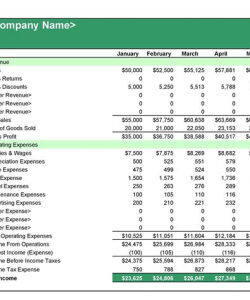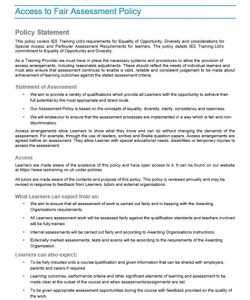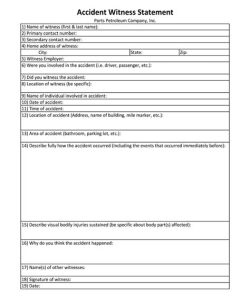Embarking on a journey in biomedical science is a commitment to understanding the intricate mechanisms that underpin health and disease. Crafting a personal statement for this field requires a blend of passion, curiosity, and a clear vision of one’s career path. The purpose of a biomedical science personal statement is to showcase an individual’s dedication to the field, highlight their academic achievements, and outline their research interests and professional goals.
As the first step towards a rewarding career, a well-constructed personal statement can set the stage for academic success. It is an opportunity to convey one’s enthusiasm for biomedical research and its potential to drive innovation in healthcare. Moreover, it serves as a platform to demonstrate how one’s experiences, both academic and extracurricular, have prepared them for the challenges of a rigorous program.
The biomedical science personal statement template is not just a narrative of past accomplishments but a strategic tool to communicate one’s aspirations and the unique perspective they bring to the field. It is a chance to illustrate how one’s background and interests align with the program’s objectives and how they intend to contribute to the scientific community.
Understanding the Core of Biomedical Science
At the heart of biomedical science lies a profound understanding of biological processes and their application to medicine. This discipline is the cornerstone of modern healthcare, driving advances in diagnosis, treatment, and prevention of diseases. A strong foundation in subjects such as molecular biology, biochemistry, and physiology is essential for any aspiring biomedical scientist.
Personal statements should reflect an applicant’s grasp of these core subjects and their ability to apply this knowledge to complex problems. It is also important to highlight any hands-on experience, such as laboratory work or research projects, that has furthered one’s understanding of the field.
Moreover, the ability to think critically and approach scientific questions with a methodical mindset is crucial. Applicants should showcase their problem-solving skills and their commitment to continuous learning and professional development.
Lastly, a personal statement should touch upon the ethical considerations of biomedical research. It is vital to acknowledge the responsibility that comes with conducting research that can directly impact human lives and to express a commitment to upholding the highest standards of scientific integrity.
Personal Experiences and Academic Achievements
Individual experiences and achievements play a significant role in shaping a candidate’s suitability for a biomedical science program. A personal statement should provide a window into the journey that has led the applicant to this point. This could include relevant coursework, research experiences, publications, or presentations at scientific conferences.
It is also beneficial to discuss any challenges faced and how they were overcome, as this demonstrates resilience and adaptability—key traits for a career in science. Applicants should not shy away from sharing personal anecdotes that reveal their motivation and drive for pursuing biomedical science.
Academic achievements, such as awards or scholarships, should be highlighted to underscore one’s commitment to excellence. However, it is equally important to convey a sense of humility and a willingness to learn from others within the scientific community.
Furthermore, any extracurricular activities that have contributed to one’s growth as a scientist, such as volunteering in healthcare settings or participating in science outreach programs, should be included. These experiences can provide a more holistic view of the applicant’s character and interests.
Future Goals and Research Interests
Articulating clear and realistic future goals is a critical component of a biomedical science personal statement. Applicants should outline their short-term objectives for their time in the program and their long-term career aspirations. This could include specific areas of research interest, such as genetics, immunology, or neuroscience, and how they plan to contribute to these fields.
It is also important to discuss the impact one hopes to make in the field of biomedical science. Whether it’s advancing our understanding of a particular disease, developing new therapeutic strategies, or improving public health policies, a personal statement should reflect a candidate’s vision for their future impact.
Additionally, applicants should consider how the program they are applying to aligns with their goals. Mentioning specific faculty members, research facilities, or program initiatives can demonstrate a thoughtful and informed decision-making process.
In conclusion, a personal statement should tie together past experiences, present competencies, and future ambitions. It is a narrative that weaves together the threads of one’s academic and personal journey, presenting a compelling case for admission into a biomedical science program.
In the realm of biomedical science, the journey does not end with program completion; it is merely the beginning. The conclusion of a personal statement should reiterate the applicant’s commitment to lifelong learning and their desire to contribute meaningfully to the field. It is a pledge to not only absorb knowledge but also to apply it in ways that can transform lives and better society.
Ultimately, a biomedical science personal statement is more than a document—it is a testament to one’s passion for science and a declaration of readiness to embark on a challenging yet fulfilling career path. With a strong personal statement, applicants can open doors to opportunities that will allow them to make their mark in the world of science and medicine.



